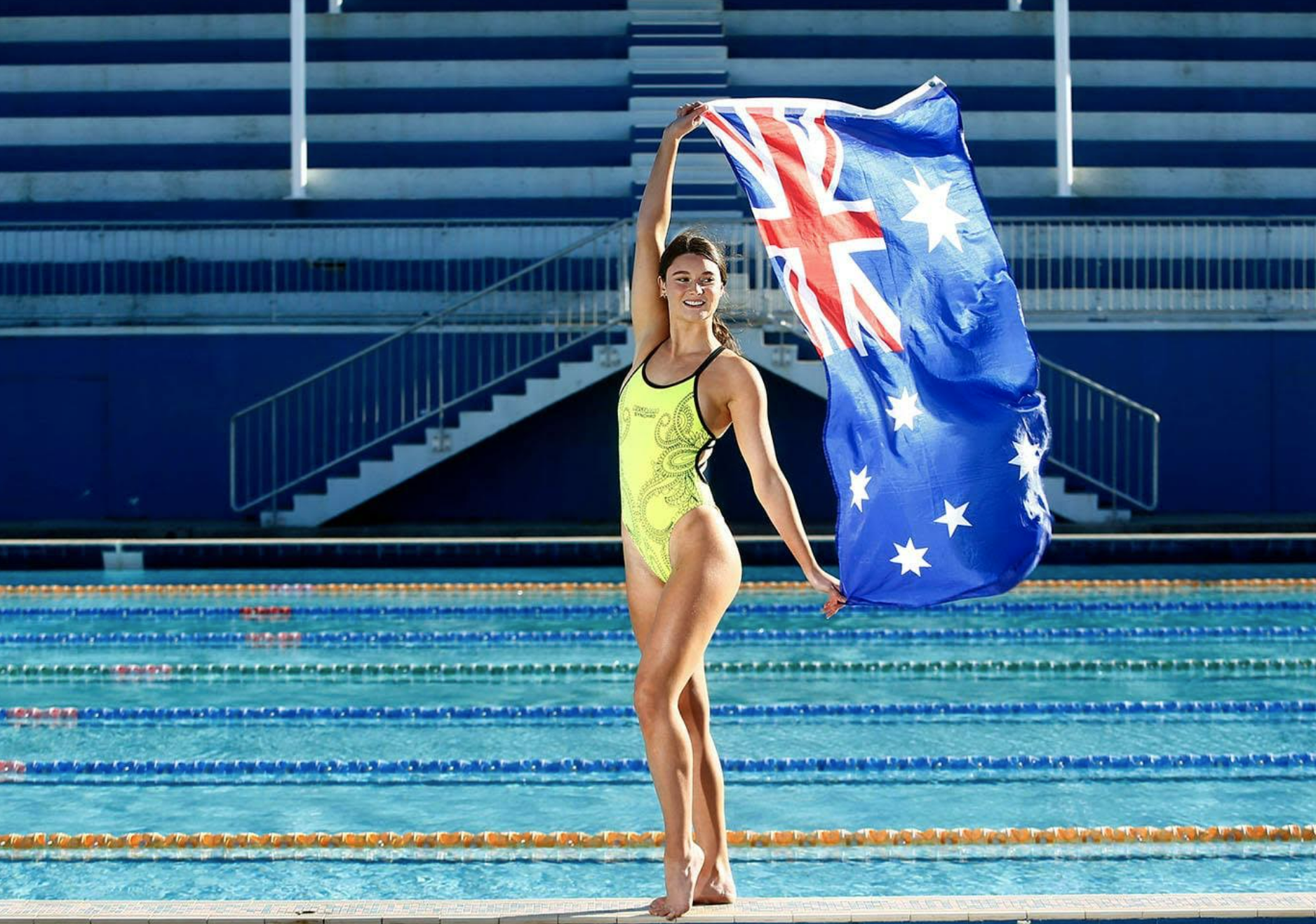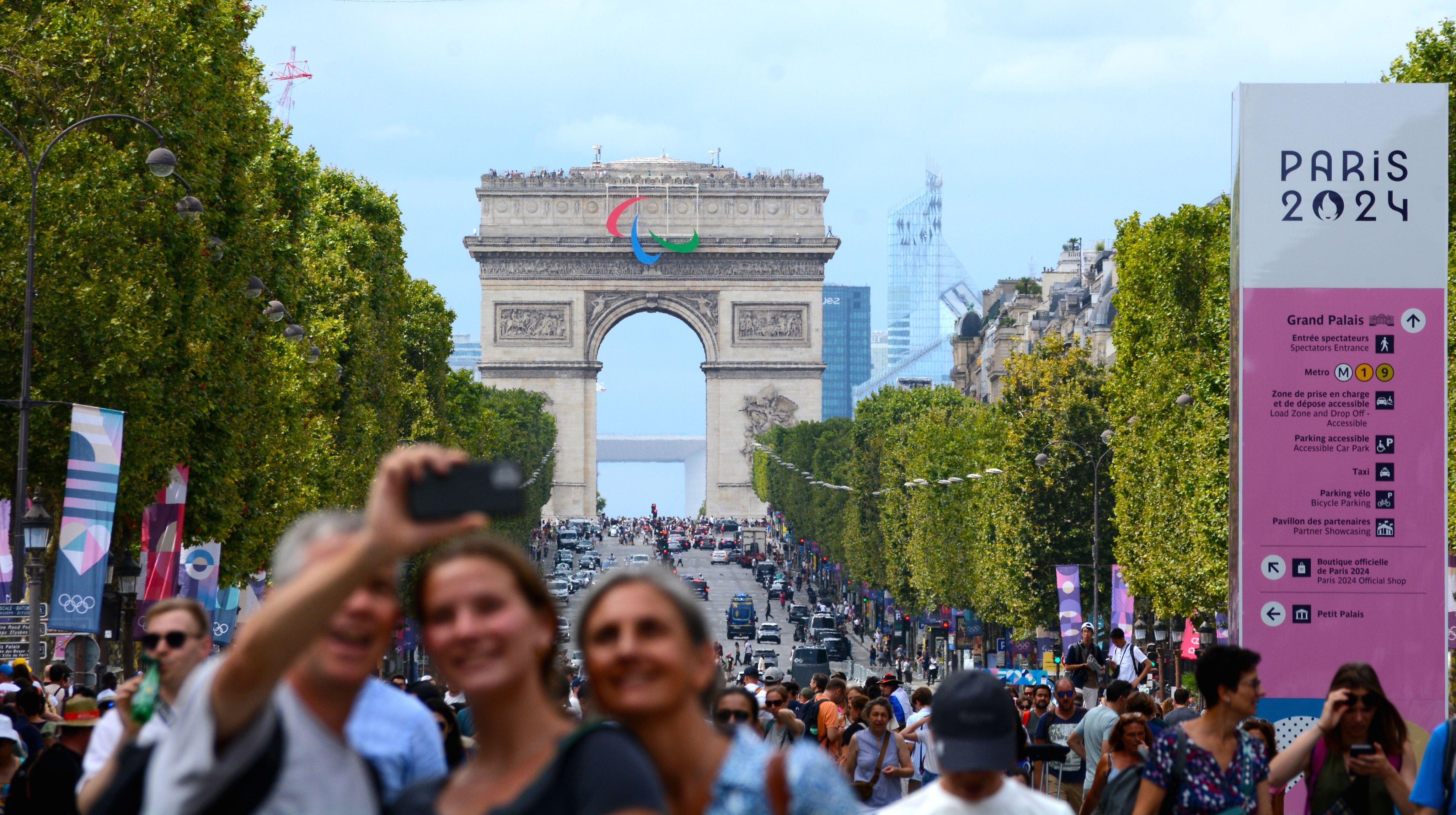
As the curtain comes down on the Paris Olympics, four Bond University experts review the Games in search of lessons for Brisbane 2032.
The athletes’ village
Dr Daniel O’Hare is Associate Professor of Urban Planning.
Despite criticism of its cardboard beds and vegan menu, the athletes’ village was an under-recognised star of the Paris Olympics that promises to benefit the city for generations to come.
The overall project, consisting of new public rail transport infrastructure together with an urban centre and a high-density housing district with walkable streets and new public spaces, spans some of the city’s most underprivileged banlieues (outer suburbs). The athletes’ village at Seine Saint Denis cost roughly that of London’s successful 2012 East Village at Stratford in London’s outer east.
Both projects show the benefits of being able to bring forward long-term plans for urban renewal and environmental remediation.
Both projects also reveal that it is easier to deliver high-quality built form outcomes than it is to ensure they are affordable for residents on or below a median income. The Gold Coast showed the way with the successful 2018 Commonwealth Games athletes’ village which accelerated the development of the Gold Coast Health and Knowledge Precinct, with its 1200 ‘build-to-rent’ apartments.
As in London and Paris, however, the affordable housing aspirations have not been achieved and the rents now exceed affordable levels for the key workers, hospital staff, university research staff and students upon whom the city’s economy and lifestyle increasingly depends. The London and Paris Games villages and associated infrastructure demonstrate how we can use the 2032 Brisbane Games as a catalyst for South East Queensland to develop more sustainably as our population continues to grow.
Brisbane will have three athletes’ villages, with two of them – Robina and Maroochydore – in critical locations that can ensure that SEQ continues to offer a high standard of living. Robina, like Maroochydore, has been designated as a “Principal Regional Centre” in SEQ Regional Plans for the past 20 years. The site is owned by Queensland Investment Corporation (QIC) on behalf of the Queensland Government and its people. It is the final piece in the puzzle to complete Robina’s development as a major centre by linking the existing shopping centre and the railway station and other key regional facilities (hospitals, stadium, major open space).
We need to get it right for the benefit of Gold Coasters and all Queenslanders. The opportunity is there to demonstrate the delivery of affordable housing in a dense, mixed-use urban place that has great streets and responds to our local environment and climate.
Athletic performance
Dr Justin Keogh is a sports scientist and Associate Dean of Research for the Faculty of Health Science and Medicine.
Winning Olympic gold medals is never easy. The fractions of a second that often separate the medallists in sprint swimming, athletics, cycling and kayak events are the result of a host of decisions made by athletes, coaches and support staff over many years. Merely repeating the same type of physical, technical and tactical training that got an athlete to an elite level may not necessarily allow them to reach their Olympic dreams. One such example is Cameron McEvoy, who is the 2024 Olympic 50m male freestyle champion. After disappointing results in the 2021 Olympics, McEvoy questioned the high-volume approach to sprint swimming and began to train more like a sprint cyclist. He massively reduced his time in the pool and focused more on strength and conditioning and rock climbing to maximise his muscular power. Will this result usher in a new training approach for sprint swimming and contribute to new world records?
Recent Olympic Games have introduced new sports including BMX, skateboarding and surfing. This has reinvigorated the Olympic movement, especially for younger audiences. It was awesome to witness Australia’s domination of the 2024 park skateboarding events, with Keegan Palmer repeating his Olympic gold medal from 2021 and the amazing 14-year-old Arisa Trew winning the women’s Park gold medal.
Australia has the potential to be a world leader in many of these new Olympic sports. Hopefully we will provide these athletes and coaches with the support they require so that in future Olympics, our medal tally from these new sports rivals that of our traditional excellence in swimming.
“Australia has the potential to be a world leader in many of these new Olympic sports.”
Record medal tally
Dr Lisa Gowthorp is Associate Professor of Sports Management, specialising in sports governance, regulation, high performance sport and the Olympic Games.
The Paris 2024 Olympic Games were Australia’s best-ever Games, with the team winning 53 Medals - 18 of those Gold - beating the previous record of 17 Gold at Athens 2004 and Tokyo 2020(1). At the last home Games in Sydney 2000, Australia won 58 Medals overall, but only 16 Gold. As the medal tally is ranked on Gold Medals and not overall medals, this makes Paris 2024, Australia’s most successful.
Reflecting on Australia’s performances in Paris, analysis will begin to understand what led to such success so we can replicate those results in Los Angeles 2028, and more importantly, Brisbane 2032. New sport policy, greater levels of funding and a rise in female athletes are a few areas to consider.
The Australian Sports Commission’s (ASC) “Win Well” strategy highlights how our athletes win is just as important as the result itself. The stories behind the athlete’s success is seen to motivate and drive the Australian Team, spectators and the nation.
The stories behind the triple gold-winning Fox sisters; the final Olympic Games for Australia’s most decorated swimmer Emma McKeon; and our awesome gold medal skateboarders, Keegan Palmer and Arisa Trew, are only a few of the amazing stories Australians are embracing. These stories inspire the next generation of athletes vying for a place on the team in 2028 or 2032.
The Federal Government announced an additional $283 million investment to sport in June 2024. This was the biggest high performance sport investment ever made by an Australian Government, enabling many athletes to train full time, while supporting more staff and coaches in the lead-up to Paris 2024.
Finally, we can’t forget the amazing performances by the female athletes on this team. Of the 53 medals won by Australia, 33 were won by female athletes/teams, with 13 out of the 18 Gold medals won by female athletes.
The ASC has supported and invested in female sport over the years and the results in Paris reflect this investment.
Overall, a great Games, a great team, and motivation to drive the next generation to the Brisbane 2032 Olympic Games.
Business benefits
Dr Danny O’Brien is Associate Professor of Sports Management specialising in sport tourism, event management and strategic management.
Event leverage refers to strategically planning for the maximisation of business, social and other types of short and longer-term event outcomes. When Australia last hosted the Games in Sydney 2000, our chief leveraging strategy was Business Club Australia – an international business-matching initiative that netted Australia an extra A$6 billion worth of inward investment in the 10 years post-Games.
In contrast, the business focus of Paris 2024 has been more inwardly-focused on simplifying access for France’s thousands of small-to-medium-sized enterprises (SMEs) to the vast Olympic supply chain. The “Entreprises 2024” platform, launched in February 2020, had 20,000 French companies, 95 per cent of which were SMEs, register on the platform. Ultimately, 75 per cent of Paris 2024’s suppliers were SMEs and microenterprise. Partnerships among SMEs to win Olympic tenders were key, but so were partnerships among trade unions, employer associations, sport federations, and local and federal governments.
Many of these partnerships will continue to deliver benefits for France well into the future, but such partnerships are highly labour-intensive and take time and planning to maintain. So while short-term, visitation-related event impacts are fine, longer-term, more enduring event benefits need a more strategic approach. They take event leverage.
Brisbane, your time starts … NOW!

Business benefits
Dr Danny O’Brien is Associate Professor of Sports Management specialising in sport tourism, event management and strategic management.
Event leverage refers to strategically planning for the maximisation of business, social and other types of short and longer-term event outcomes. When Australia last hosted the Games in Sydney 2000, our chief leveraging strategy was Business Club Australia – an international business-matching initiative that netted Australia an extra A$6 billion worth of inward investment in the 10 years post-Games.
In contrast, the business focus of Paris 2024 has been more inwardly-focused on simplifying access for France’s thousands of small-to-medium-sized enterprises (SMEs) to the vast Olympic supply chain. The “Entreprises 2024” platform, launched in February 2020, had 20,000 French companies, 95 per cent of which were SMEs, register on the platform. Ultimately, 75 per cent of Paris 2024’s suppliers were SMEs and microenterprise. Partnerships among SMEs to win Olympic tenders were key, but so were partnerships among trade unions, employer associations, sport federations, and local and federal governments.
Many of these partnerships will continue to deliver benefits for France well into the future, but such partnerships are highly labour-intensive and take time and planning to maintain. So while short-term, visitation-related event impacts are fine, longer-term, more enduring event benefits need a more strategic approach. They take event leverage.
Brisbane, your time starts … NOW!


Stories from Bond



